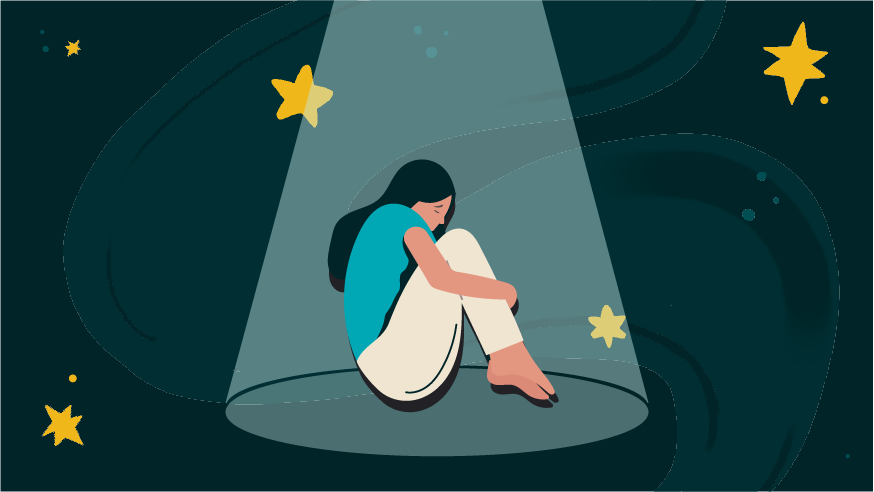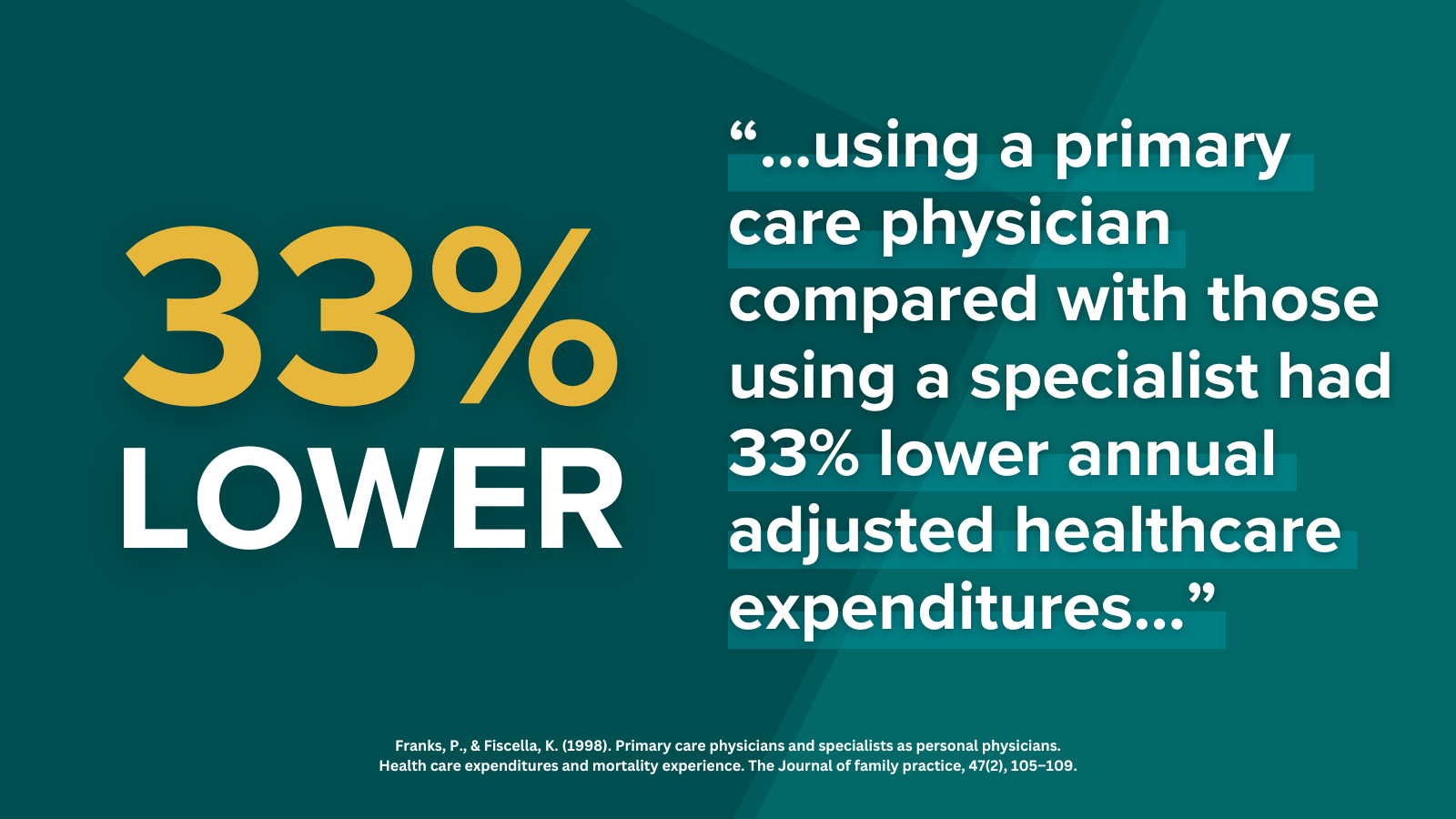Taking Charge of Your Cardiovascular Health
The Heart of the Matter: One Startling Statistic According to recent studies, one in three adults in the United States has some form of...

In May, Surgeon General Dr. Vivek Murthy published an unprecedented public health advisory targeting the epidemic of loneliness and isolation in the United States. The advisory draws on hundreds of scientific studies and lays out a framework for addressing loneliness and isolation.
One shocking finding cited in the Advisory is that extended loneliness is physically harmful for humans—as harmful, it seems, as a daily smoking habit. While this finding received a lot of attention, other statements made in the advisory are just as sobering:
July is Social Wellness Month—a time to celebrate and better understand the bonds we create with other humans that give our lives meaning. Social wellness (wellbeing) grows out of these healthy connections and allows us to thrive in situations that might otherwise leave us vulnerable to loneliness and isolation.
Now, social wellness is life support. For adults, kids, and especially during adolescence.
Parents and caregivers tend to play an outsized role when it comes to nurturing a child’s social wellness.
During the early “bloom where you’re planted” years, friendships typically grow out of proximity—family, neighborhood, school, church. In adolescence, most of us find out that while a few of these early connections stand the test of time, others will not. Increased independence, mobility, and healthy self-awareness can’t help but change peer relationships, some gradually, others abruptly, like hallways emptying on the last day of school. Friendships change, making space for new connections of choice to match your teen’s new and evolving identities, roles, and interests.
For parents, watching these changes can be bittersweet, even a bit intense.
It’s important to put these endings (and beginnings) in perspective: even though your role as your child’s friendship farmer has come to an end, your teen is still learning about healthy relationships from you and other caring adults.
For every harmful health outcome this epidemic of loneliness can have on teens, healthy connections with others bring strength. Youth.gov provides a long list of the characteristics of healthy, connected relationships—it’s worth looking at with your teen, as a guide for them and a reminder of the lasting impact our chosen connections have on our lives.

The Heart of the Matter: One Startling Statistic According to recent studies, one in three adults in the United States has some form of...

Early Detection Saves Lives One of the primary benefits of health screenings is early detection. Many serious health conditions, such as cancer,...

In today’s fast-paced world, it’s easy to push routine health checkups to the bottom of the to-do list. Many people only visit a doctor when...